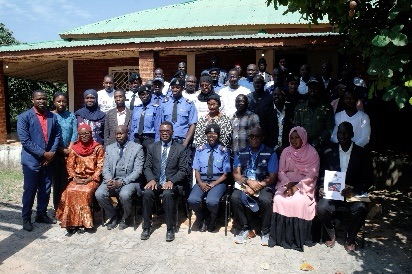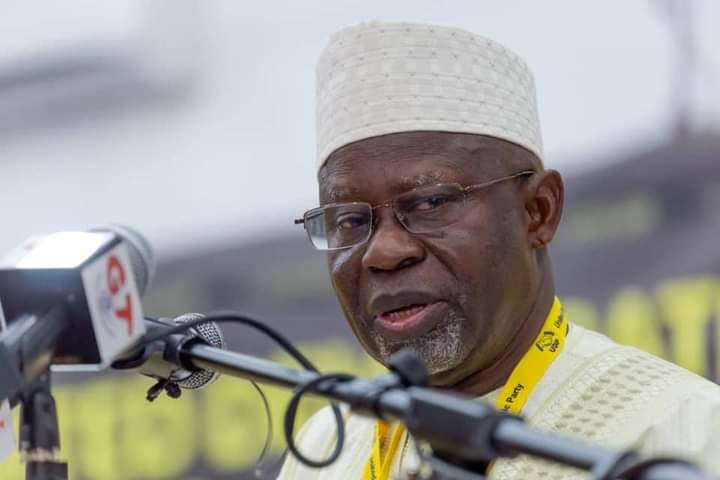By Yunus S Saliu
To have a smoke-free public environment that not only protects bystanders but can also help de-normalize the act of smoking across society, the Ministry of Health in collaboration with the World Health Organization (WHO) on Monday launched The Gambia Enforcers Guide and also commenced a three-day National-Capacity Building workshop on Tobacco Control Law Enforcement and Compliance.
The launching of the enforcers guide and the national capacity-building workshop was held at the Halain Lodge in Kartong.
Launching and presiding over the event on behalf of the Director of Health Service of the Ministry of Health was Dr. Musa Camara, Regional Health Director for West Coast Region One who had welcomed the participants to a gathering he tagged an important meeting for the launching of the Enforcement Guidelines.
Before moving on, he expressed the ministry’s special thanks to the World Health Organization for the consistent and invaluable support rendered to the Gambia health sector in fighting the tobacco epidemic and providing the necessary strategic guidance and direction to reduce the burden of tobacco use in the country.
He underscored the numerous support of WHO which spans across different areas including but not “Limited to the development and implementation of policy and regulatory frameworks and guidelines for tobacco control, capacity building for tobacco taxation and strengthening governance and enforcement of the Tobacco Act 2016, to name but a few.”
He noted that their records have revealed a reduction in the prevalence of cigarette smoking among the adolescent population aged 13-15 years from 10.8% in 2008 to 6.5% in 2017. But, “Thanks to the huge technical and financial support from the WHO,” he appreciated their partner.
According to him, the WHO’s guidance to tobacco tax reform dates back to 2013, and also remains a landmark in the Gambia and the WHO African Region, adding that the initial phase of the tobacco tax reform, implemented under the guidance of the WHO “Saw substantial increase in revenue generated from tobacco and reduction in the volumes of tobacco import.”
Meanwhile, he noted that the launched document is a critical resource and tool for accelerating the enforcement of the Tobacco Control Act 2016, and despite that enforcement of the Act remains a big challenge for all, still, “there is light at the end of tunnel.”
Dr. Selassi Dalme Ida, Health Planning Adviser and acting WHO Representative disclosed that the development of the document cannot be realized if the country has not shown any interest or commitment.
Therefore, on behalf of WHO, he expressed their gratitude to the Ministry of health, and by extension the leadership of the country, for the strong commitment to tobacco control.
“This is what has made The Gambia one of Africa’s strongest tobacco control champions, particularly in area of smoke free public environment, which the Gambia’s tobacco control act 2016 is very strong on this.”
He pointed out that globally, every year, about 1.3 million non-smokers die from exposure to second-hand smoke.
Mr. Selassi quoted from the WHO saying “Smoke-free public environments not only protect bystanders but can also help de-normalize the act of smoking across society.
“In 2008, only 5% of the world’s population was covered by comprehensive smoke-free laws, but today over one quarter of the world’s population is covered,” he stated.
“But progress so far is being undermined by the tobacco industry’s aggressive promotion of E-cigarettes as a safer alternative to cigarettes. Young people, including those who never previously smoked, are a particular target. In fact, E-cigarettes are harmful to both the people using them and those around them, especially when used indoors.”
Notwithstanding, he said, The Gambia is not found wanting on the implementation of the smoke free public places as the tobacco control act is very strong on this.
Dr. William Maina, WHO Regional Office Tobacco Control Officer also elaborated on the importance of the launched Enforcers Guidelines and the National Capacity-Building workshop.





